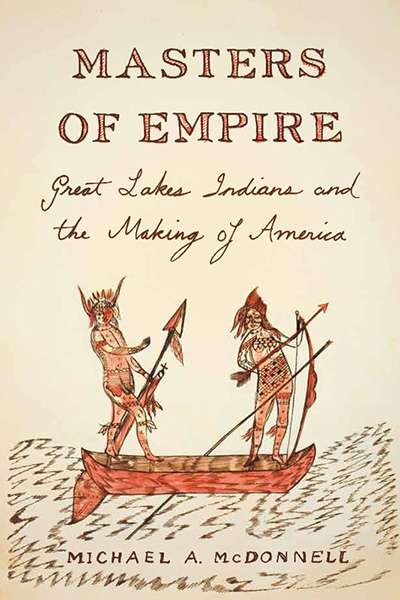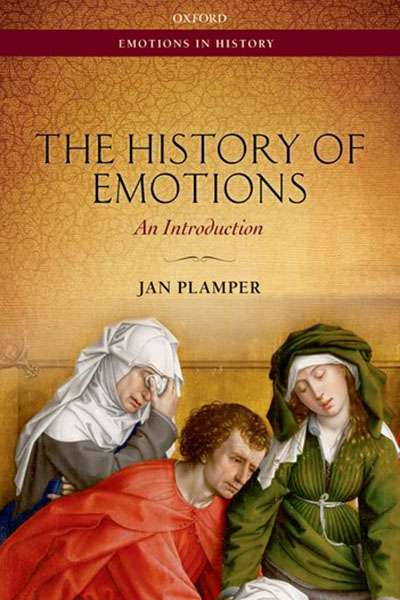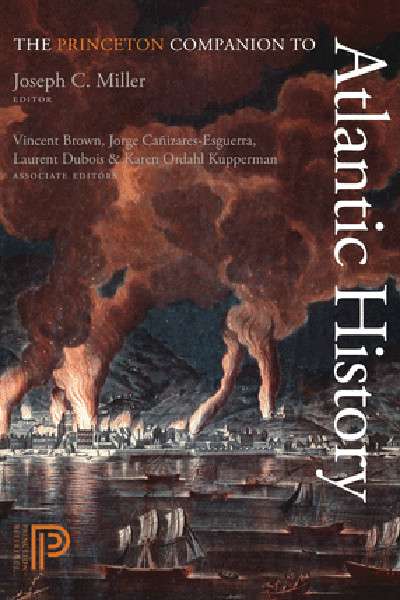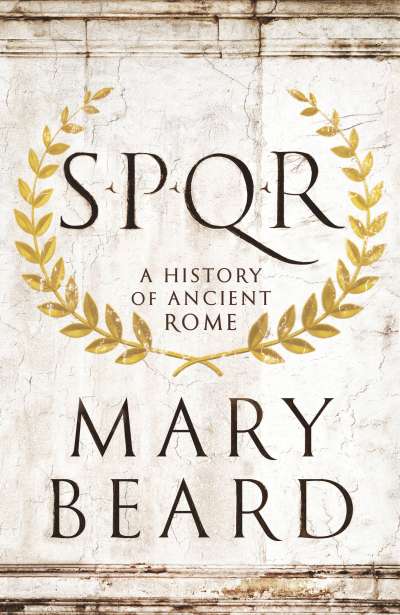History
Masters of Empire: Great Lakes Indians and the Making of America by Michael A. McDonnell
by Glenn Moore •
The Princeton Companion to Atlantic History edited by Joseph C. Miller
by Norman Etherington •
#1 Martin Thomas reads ‘“Because it’s your country”: Bringing Back the Bones to West Arnhem Land'
by Hidden Author •
In 2013 we published Martin Thomas's Calibre Prize-winning essay ‘“Because it’s your country”: Bringing Back the Bones to West Arnhem Land'. This powerful story of the repatriation of Aboriginal bones soon became the best read article on our website and we are delighted to be able to launch the ABR podcast with it.
... (read more)The Churchill Factor: How One Man Made History by Boris Johnson
by Peter Heerey •
The English Country House in Literature: A Critical Selection edited by Geoffrey G. Hiller
by Sarah Dempster •
The Half Has Never Been Told: Slavery and the making of American capitalism by Edward E. Baptist
by Glenn Moore •
1606: William Shakespeare and the year of Lear by James Shapiro
by James McNamara •
Stalin, Volume I by Stephen Kotkin & Stalin by Oleg V. Khlevniuk and translated by Nora Seligman Favorov
by Mark Edele •









